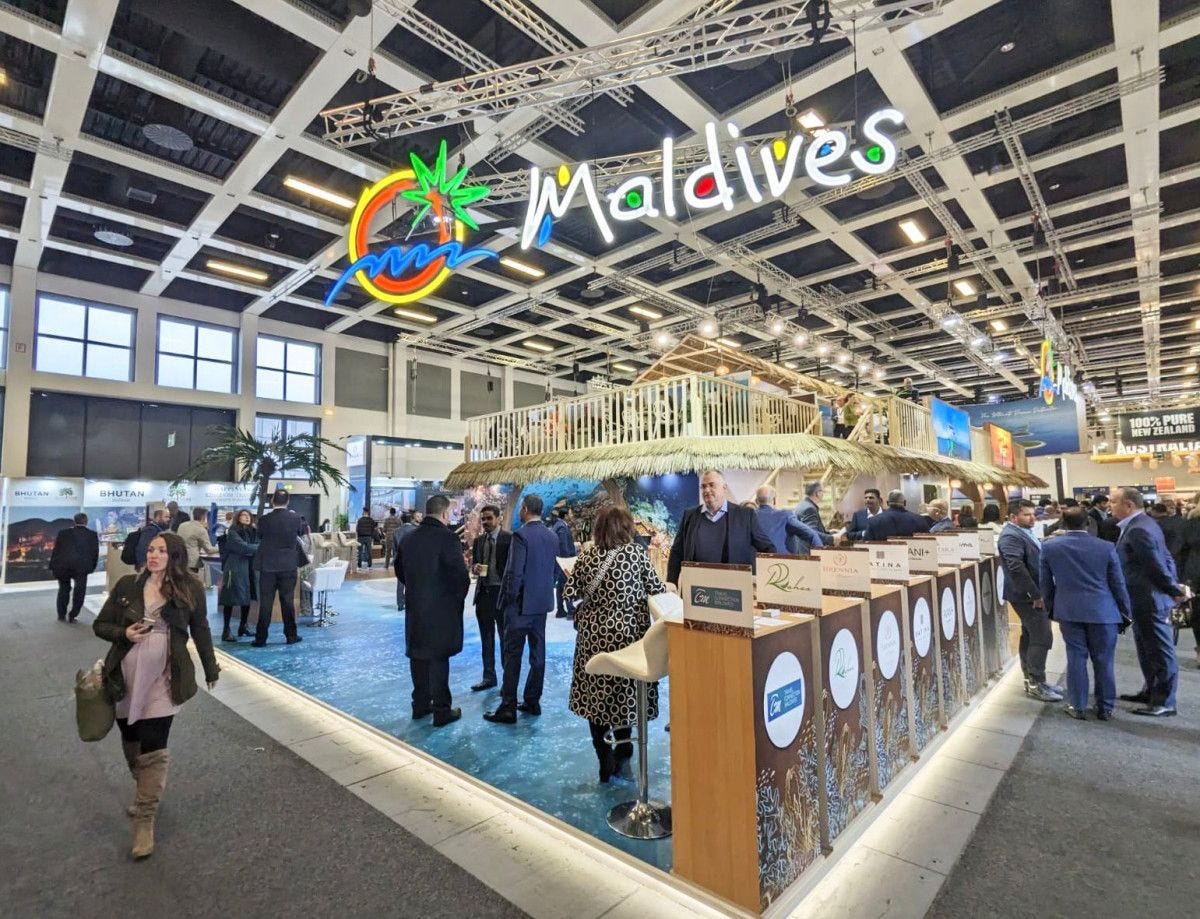Maldives Tourism Promotion Agency Needs a New Model, Not Just a New Name
Rather than a cosmetic change like renaming the MMPRC, Maldives tourism needs a fundamental shift towards a unified, industry-led promotion board.
President Dr. Mohamed Muizzu announced this week that the Maldives Marketing and Public Relations Corporation (MMPRC) will be rebranded to the "Visit Maldives Corporation." Will this bring anything better? However, I don't believe that merely changing the name will address the need for a structural change. We need more than just a new name to compete with other competitive destinations. I believe we need a new engine.
The current MMPRC model, fully run by the government, has worked in some way, but the modern tourism industry needs more flexibility, inclusiveness, openness, and direct involvement from the industry.
What if we completely changed the way we do things?
I propose transitioning our tourism promotion from a wholly government-owned entity to a dynamic public-private partnership, potentially under a unified board or union.
Think of a union-style governing board made up of the stakeholders of our tourism industry. This promotion board would be governed by the Maldives Association of Tourism Industry (MATI), the National Hotels and Guest Houses Association, the Maldives Association of Travel Agents and Tour Operators (MATATO), and other important tourism-related NGOs. This would make sure that the people who make the plans are the ones who are actually doing the work and are very aware of the challenges and realities of the market.
There would be one or two members from the government on the governing board, chosen by the tourism minister. This would keep a vital link to national policy. This structure makes sure that people work together instead of trying to control each other, which creates a synergy between public oversight and private sector expertise. This will also reduce unnecessary political influence and recurrent costs, while focusing the promotion budget on goal-oriented objectives.
We can make this board official by changing the Tourism Law to include rules for its operation, duties, and sustainable funding.
So, how would it get funding? I see a model that is balanced and hybrid:
Government Contribution: The government could allocate a specific portion of the annual revenue generated by the tourism sector to support this new union. On the other hand, it could promise to pay for half of the union's yearly budget.
Industry Contribution: The other half could come from the industry. And it can be collected via a tiered membership system. Tourism companies and other tourism-related parties could join the union by paying a fee. Different levels of membership would give them different benefits and ways to get involved. This not only gives everyone a sense of financial security, but it also gives them a strong sense of ownership and shared destiny.
If we use this kind of model, it can tap into the knowledge and enthusiasm of everyone in its tourism ecosystem. We can move away from orders from the top down and toward a future where everyone has a say and a stake in our shared success.
Let's not only talk about a new name but also about how to make a new, future-proof model for tourism promotion in the Maldives.



